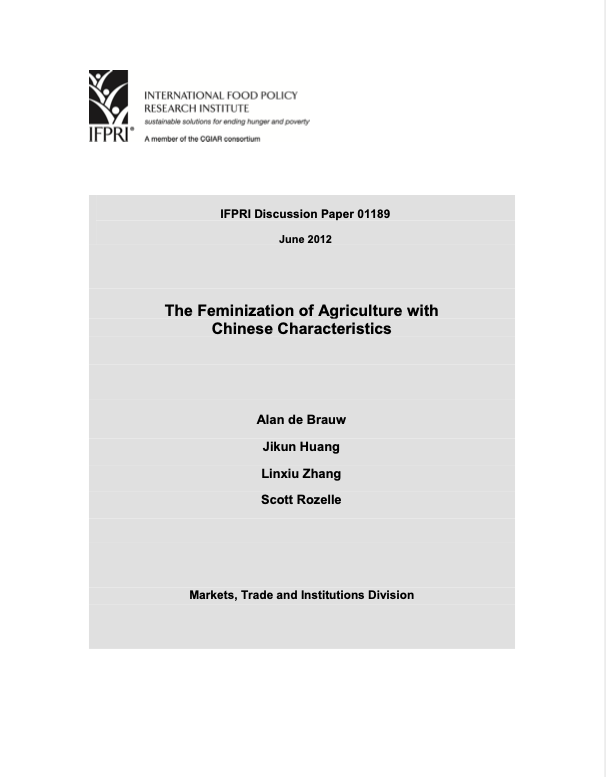Population density, migration, and the returns to human capital and land: Highlights from Indonesia
Rapid population growth in many developing countries has raised concerns regarding food security and household welfare. To understand the consequences of population growth on in the general equilibrium setting, we examine the dynamics of population density and its impacts on household outcomes using panel data from Indonesia. More specifically we explicitly highlight the importance of migration to urban sectors in the analysis. Empirical results show that human capital in the household determines the effect of increased population density on per capita household consumption expenditure.





